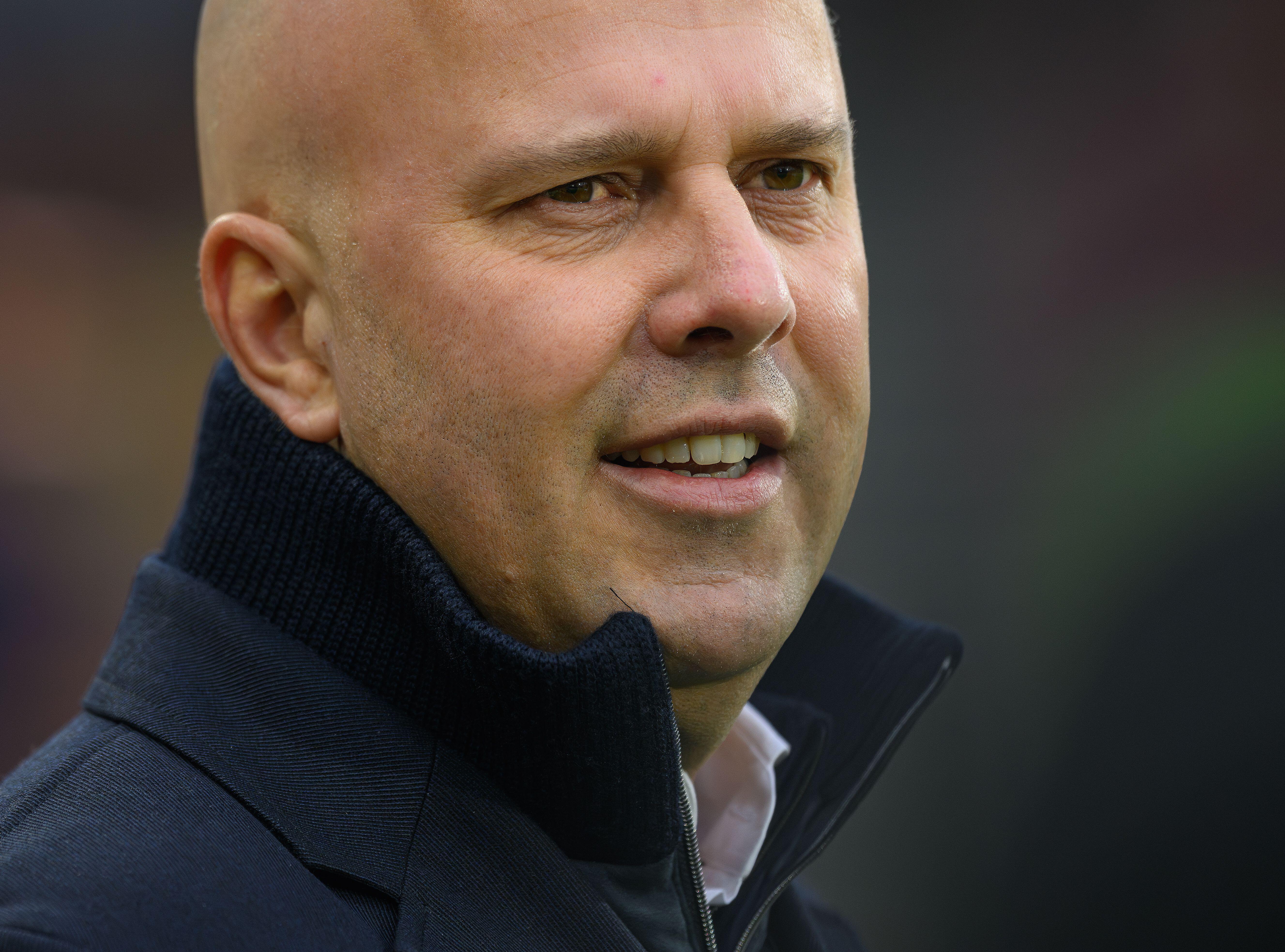Premier League good weekend, bad weekend
FourFourTwo's winners and losers as Manchester United stumble at home, Liverpool fire at Anfield, and Spurs close on Chelsea
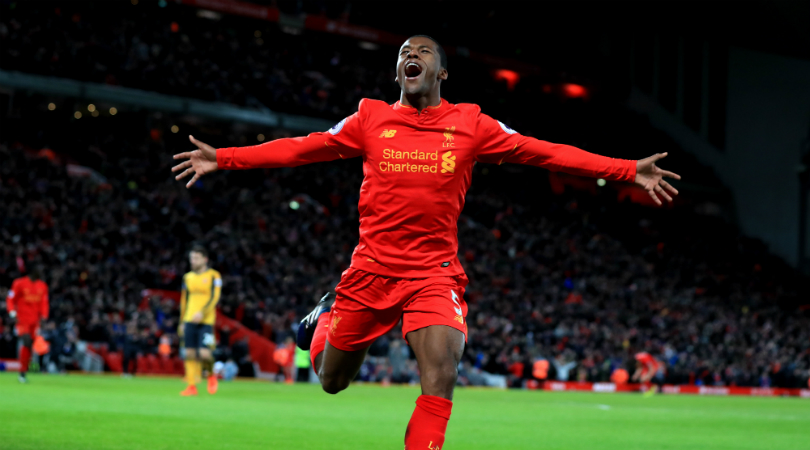
Good weekend
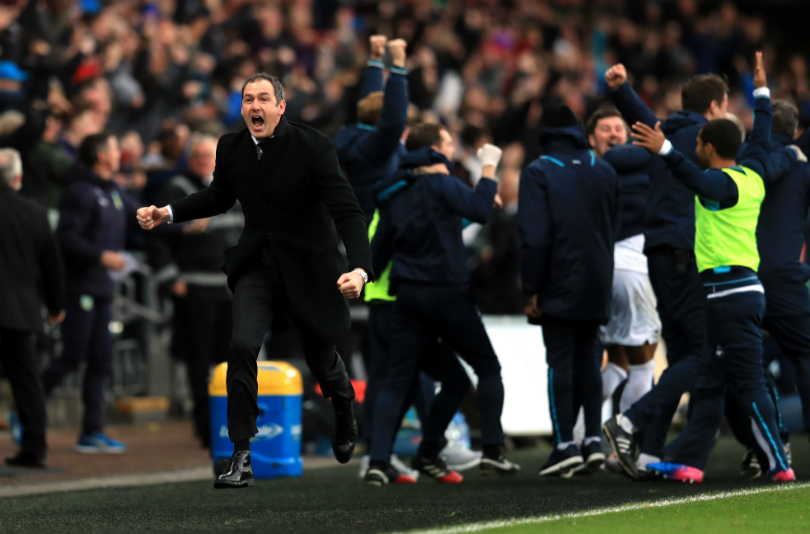
Swansea City
Fernando Llorente has scored in consecutive league games for the first time since November 2015 with Sevilla.
What a change Paul Clement has overseen. From feeble, flimsy and circling the drain under Francesco Guidolin and Bob Bradley, Swansea are now fighting the swirl.
Their football may remain relatively formulaic and their gameplan focused on exploitating wide areas and manufacturing crossing angles, but not at the cost of the club's footballing ideals; Swansea remain attractive to watch, but now with an emphasis on efficiency.
Clement is an engaging and authoritative presence, both with his players and the media, and his team's resurgence portrays the depths of his influence. The victory over Burnley may, superficially, have appeared to have been a win over an opponent notoriously fragile away from home, but it was really an illustration of Swansea's emotional growth. They no longer fear adversity in games and single punches no longer knock them cold.
They're not going anywhere.
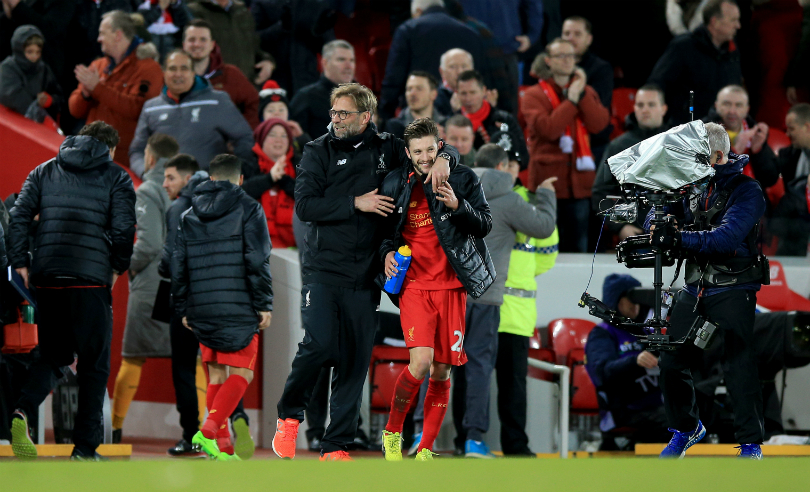
Adam Lallana
Get FourFourTwo Newsletter
The best features, fun and footballing quizzes, straight to your inbox every week.
A wonderful performance.
Lallana may not have drawn the most attention during Liverpool's 3-1 win over Arsenal, but he was the connecting piece between everything his side did well.
The role of any player not in possession of a single, outstanding attribute is to contribute to as many phases of a game as possible, and his influence was suitably broad at Anfield. Though naturally an invaluable part of Jurgen Klopp's press, Lallana gave a measured technical showing, too, caring for the ball and using it decisively where appropriate.
He is very much a Jurgen Klopp player, if such a thing exists, but he has scaled the post-Brendan Rodgers learning curve quicker than any of the other holdovers from that era. Lallana appears to have a clearer understanding of his role than any of his teammates and has quickly acquired a telling tactical comprehension which, given his visibility in every phase of the game, was never more apparent than on Saturday night.
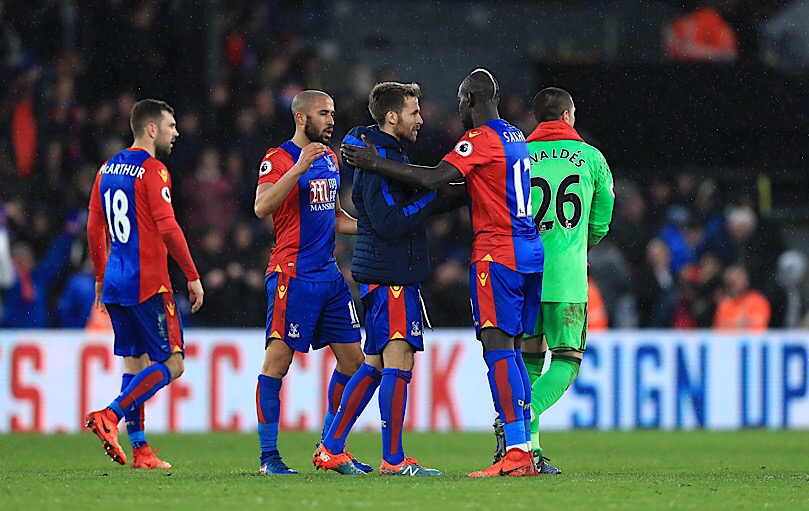
Crystal Palace
Sam Allardyce has only won one of his seven PL visits to The Hawthorns (D3 L3), winning 2-1 as West Ham boss in December 2014.
There it is, the moment Sam Allardyce was waiting for.
Saturday's game at The Hawthorns was an oddly fitting test of Palace's new resolve, pitting Allardyce and his players against the kind of team they aspire to be.
Tony Pulis encourages a docile brand of football, typically deferring to the opposition in the hope of minimising mistakes, but this was still a litmus test of sorts. Palace were resolute aerially and played with just enough of a flourish at the top of the pitch to unpick a defence which hadn't conceded twice at home in a league game in all of 2017.
More pleasing still, was the restriction of West Brom to half chances and tame long-range shots; Allardyce likely derived more satisfaction from that than he did the goals.
So the ideas have taken seed. Whatever the associations with Allardyce Ball, its implementation has been in Palace's best interests. They're finally playing mistake-free football and, though a low bar, that marks a significant improvement.
Bad weekend
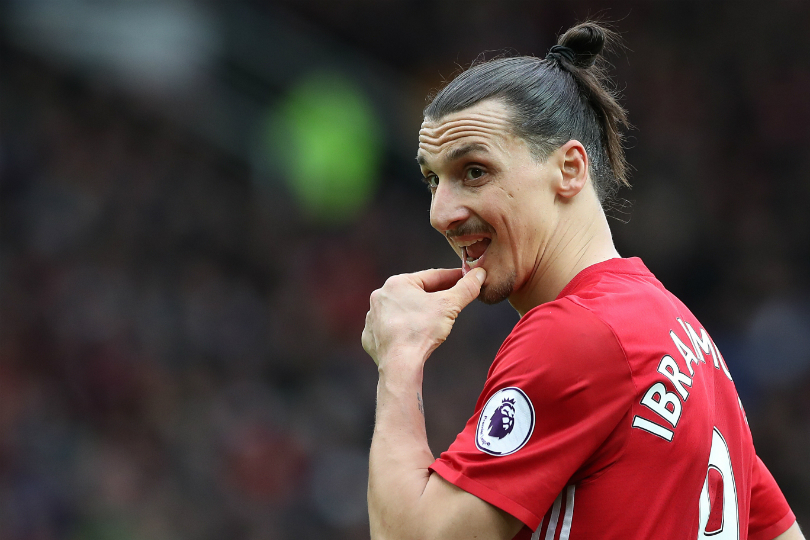
Zlatan Ibrahimovic
Zlatan Ibrahimovic missed his first penalty in a league game since September 2015 (for PSG v Guingamp).
From hero at Wembley to villain at Old Trafford; Saturday couldn't have gone much worse for Ibrahimovic. He missed a host of excellent chances during Manchester United's 1-1 draw with Bournemouth, as well as seeing his penalty saved by Artur Boruc and taking a set of Tyrone Mings' studs to the face.
He's had better days.
Worse still, his vengeful elbow on Mings immediately following the stamp will likely draw discplinary attention and cost him a three-game ban, potentially ruling him out of United's FA Cup quarter-final with Chelsea.
Ibrahimovic is certainly in enough credit to be forgiven for his off-day in front of goal, but his lapse in judgement may prove critical ahead of next weekend.
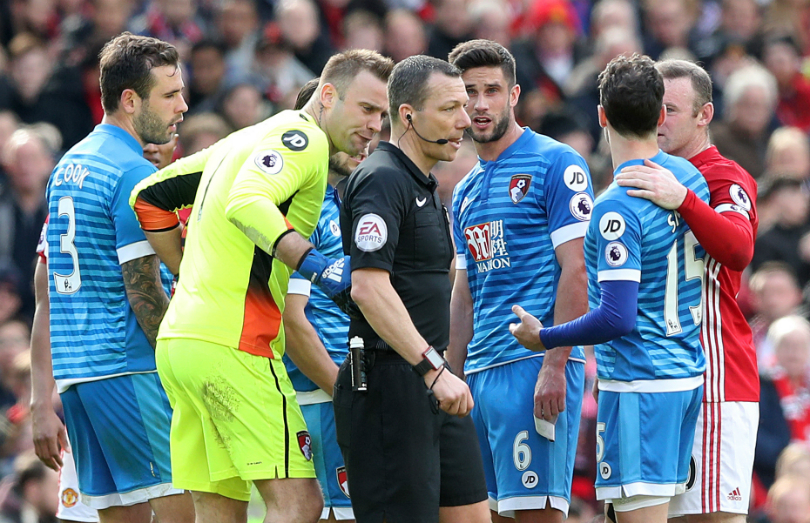
Premier League Referees
It became quickly apparent that Kevin Friend had lost control of Manchester United's game with Bournemouth. His failure to properly police the initial Ibrahimovic/Mings skirmish allowed a feud to simmer before, inevitably, each player administered his own brand of justice. Elbows, studs, but no red card. Other than for Andew Surman, of course, who tried to carry on regardless.
Without any obvious help from an assistant, he also appeared to award United a penalty on the strength of a Paul Pogba appeal and, later, would allow one of their attacks to continue despite a prone Harry Arter lying semi-motionless at his feet. It was more bizarre than bad and a refereeing performance which veered between comedic and absurd.
Worse would follow: step forward Anthony Taylor and his decision to award a penalty against Swansea after Burnley's Sam Vokes had handled in the home box. Some mistakes can be forgiven on account of the lack of video assistance, but others just boggle the mind.
On the basis that one of the imperatives in awarding a penalty is that an official is completely certain of what he has seen, one has to wonder what Taylor thought he saw. A hand, of course, but the rest was surely guesswork.
One to attribute to the post-Marbella haze, perhaps?
Belated congratulations to Bobby Madley, too, who fell for Emre Can's "no, no, I'm dead" routine and failed to show the Liverpool player a second yelllow card.
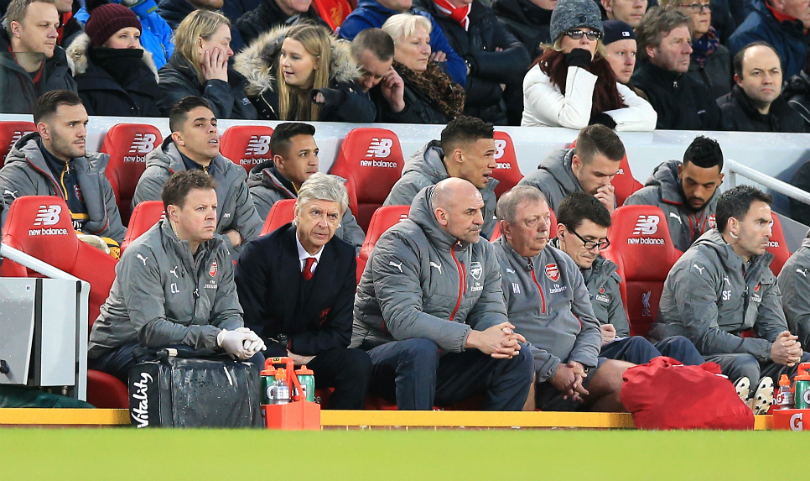
Arsene Wenger
Arsenal haven't won any of their last 11 Premier League away games vs the other current top six teams (W0 D5 L6).
Is there anything left to say?
All the hand-wringing has been done and the usual platitudes have been applied. Arsenal losing away from home to a rival is nothing new, but Wenger's team selection suggested a greater malfunction.
Alexis Sanchez's omission may have been reasoned as a means of enabling a more direct approach, but it showed really that Wenger is now fighting a battle against his better judgement as much as he is his rival managers. He doesn't know why his team are frail and has no satisfactory answer for why they continue to stumble year after year.
This, then, was an act of desperation and change for the sake of change.
Contrary selection decisions are indicative of growing hopelessness. Without a coherent plan for how to beat Jurgen Klopp, Wenger resorted to dropping Sanchez in order to create an element of tactical surprise. It didn't work. In fact, it was gross misstep which amounted to an act of self-sabotage.
It's time now. It has to be.
Seb Stafford-Bloor is a football writer at Tifo Football and member of the Football Writers' Association. He was formerly a regularly columnist for the FourFourTwo website, covering all aspects of the game, including tactical analysis, reaction pieces, longer-term trends and critiquing the increasingly shady business of football's financial side and authorities' decision-making.
